For many, a daily shower is as routine as breakfast or brushing teeth. In the U.S., the norm for daily showers kicks in around puberty and continues for life. But what if this habitual cleansing is more about societal norms and less about health benefits?
Let's explore the truth about daily showers: Is it just a matter of cultural preference? Or do we have some science to back what we are doing up?
Global Showering Habits
Different cultures and individuals have interesting showering habits that vary greatly. In the US, most people take showers every day, with around two-thirds of the population following this routine. In Australia, over 80% of people take showers every day as part of their personal hygiene and self-care routine.
However, this practice is not universal. In China, many people only bathe twice a week, which is different from other places where people bathe more frequently. Do we need to shower daily for health benefits, or is it mostly a cultural and personal habit?

The answer is not straightforward and likely lies somewhere in between. Showering helps clean the skin by removing dirt, bacteria, and excess oils. Regular showers can keep the skin clean and reduce the risk of some skin infections. However, they may not be necessary for overall good health.
This is because excessive cleansing can strip away the skin's natural oils and beneficial bacteria. As a result, it can lead to dryness, irritation, and an imbalance in the skin's natural microbiome.
You can decide how often you shower, and your health, culture, and personal preferences can influence it. Find a balance between personal cleanliness and comfort, while also considering the body's natural processes and the environment.
Reasons for Daily Showers
People's motivations for adhering to a daily shower routine are as diverse as they are personal. People usually shower in the morning for a few reasons. One reason is to prevent body odor. Another reason is to establish a daily routine.
Lastly, people shower in the morning to feel refreshed and rejuvenated, especially after a workout. Both our own beliefs and society's expectations and norms influence our personal hygiene habits.

The apprehension about body odor is a prime concern for many, given its potential social implications. In some cultures, not smelling bad is important for personal choice and society's expectations of cleanliness, respect, and professionalism. Regular showers, therefore, become a vital tool in managing personal odor, ensuring comfort, and maintaining social relationships.
Similarly, for many individuals, a morning shower is an integral part of their daily routine. It signifies the start of a new day, offering a moment of solitude and reflection. Morning exercisers shower to clean sweat and bacteria, relax muscles, and aid in recovery.
You cannot understate the invigorating effect of a morning shower either. Water, temperature change, and cleansing have physical and psychological benefits. It can stimulate alertness, improve mood, and prepare the mind for the day ahead.
Thinking about how cultural norms and marketing influences our showering habits is important. Personal and social reasons for showering are also valid. The beauty and personal care industry, for instance, plays a significant role in shaping these norms.
Marketing messages and product instructions, such as the "lather, rinse, repeat" directive found on shampoo bottles, often promote excessive product use, which may not be necessary for maintaining cleanliness or health. Instead, these instructions serve more to increase product consumption and sales.
This dichotomy highlights the need for a more conscious and informed approach to personal hygiene practices. It involves understanding the difference between personal needs and externally imposed norms, recognizing the influence of marketing, and making choices that align with one's health, comfort, and values. By striking this balance, individuals can enjoy the benefits of their showering routine without succumbing to unnecessary habits or the undue influence of cultural and commercial pressures.

Many things like weather, society, water availability, and even trends in personal care products influence showering habits. In warm areas or clean cultures, people may shower daily to feel fresh and manage body smell. In places with little water or different cultural views on hygiene, people may not bathe as often.
The Health Impact: Is Daily Showering Overrated?
Contrary to the popular belief that daily showers are synonymous with good health, research suggests otherwise. Naturally, healthy skin sustains a layer of oil and a harmonious balance of advantageous bacteria and microorganisms. Overzealous washing, particularly with hot water, can disrupt this balance, leading to
- Compromised skin health (Dry, irritated, or itchy skin)
- Increased vulnerability to skin infections and allergic reactions
- Disturbed balance of skin microorganisms due to antibacterial soaps, promoting the emergence of hardier, antibiotic-resistant strains
Moreover, our immune systems benefit from a certain level of exposure to normal microorganisms and environmental elements. This exposure helps build protective antibodies and "immune memory." It's worth noting that some pediatricians and dermatologists advise against daily baths for children, citing the potential reduction in the immune system's effectiveness.

Additionally, daily showering comes with its own risk of chemical exposure (salts, heavy metals, chlorine, fluoride, pesticides, and other chemicals) that might be in the water we use for showering, posing a whole new set of health risks.
The Case for Showering Less: Environmental and Health Perspectives
While over-cleaning may not pose a severe health threat, it doesn't necessarily enhance your health and may lead to skin problems or other health issues. More importantly, daily showers contribute significantly to water wastage. The additives in shampoos, conditioners, and soaps, such as oils, perfumes, and other chemicals, can also cause allergic reactions and environmental harm.
Optimal Showering Frequency: Finding the Balance
Determining the optimal frequency for showering is not a one-size-fits-all answer, as it depends on various factors including individual lifestyle, activity level, and personal preferences. While the cultural norm in many societies leans towards daily showers, experts suggest that showering several times per week is generally sufficient to maintain hygiene for most people. This recommendation is based on the understanding that over-showering can strip the skin of its natural oils and beneficial bacteria, potentially leading to dryness, irritation, and disruption of the skin's protective barrier.
For those leading an active lifestyle or who sweat heavily due to exercise or work, more frequent showers may be necessary to remove sweat, bacteria, and body odor. However, even in these cases, focusing on key areas such as the armpits, groin, and feet during a shower can be an effective approach. These areas are where most sweat glands are concentrated and are more prone to bacterial growth and odor. A targeted approach helps maintain hygiene where it's most needed while preserving the skin's natural balance elsewhere.

Moreover, the length and temperature of showers also play a critical role. Long, hot showers can be particularly harsh on the skin, exacerbating dryness and irritation. Short, lukewarm showers are more gentle and can prevent excessive stripping of natural oils. When it comes to hair care, it's also worth noting that daily washing can lead to dry, brittle hair for some people, and reducing shampoo frequency can help maintain hair health and natural oil balance.
Breaking the habit of daily showers can indeed be challenging, especially when the practice is deeply ingrained in one's routine and societal expectations. However, it's worth considering the broader implications. Reducing shower frequency can not only benefit skin and hair health but also contribute positively to environmental conservation. Water is a precious resource, and reducing unnecessary water usage in daily routines can have a significant environmental impact.

Ultimately, the decision of how often to shower is a personal one, influenced by individual needs, habits, and cultural norms. By being mindful of the body's natural needs, the signals it sends, and the impacts of our choices on our health and the environment, we can make informed decisions that align with a balanced, healthy, and environmentally conscious lifestyle. Sometimes, embracing a 'less is more' approach might just be the key to healthier skin, hair, and planet.


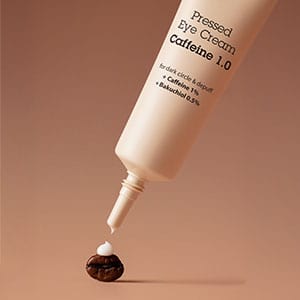
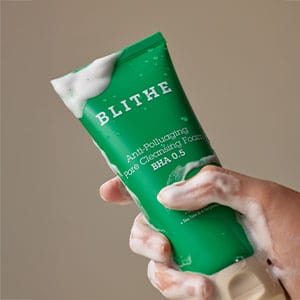
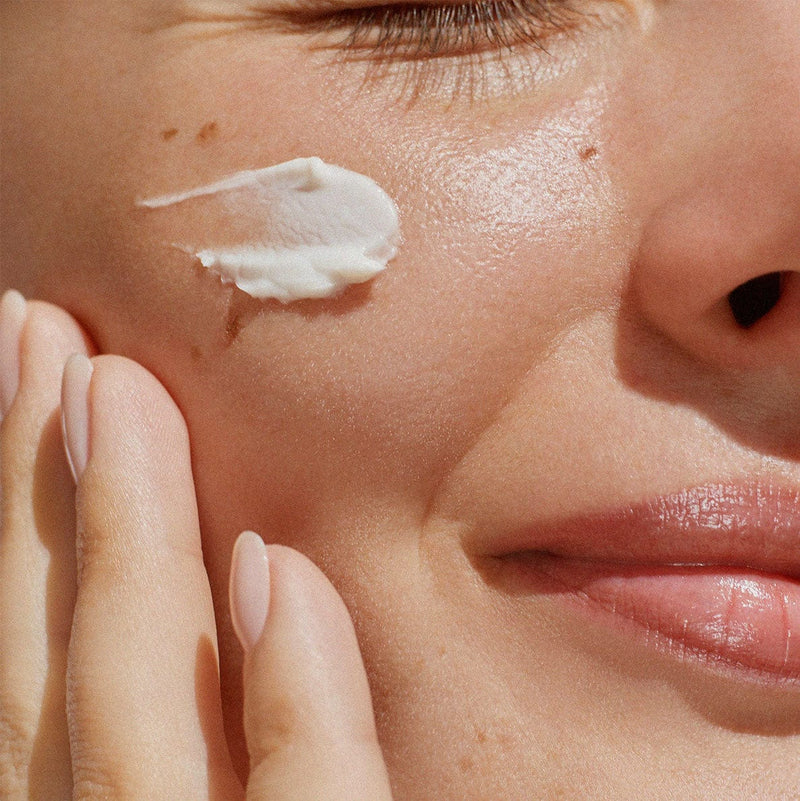

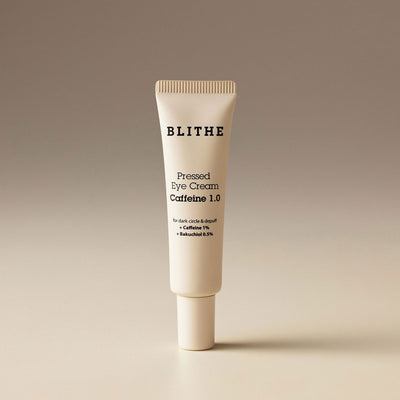
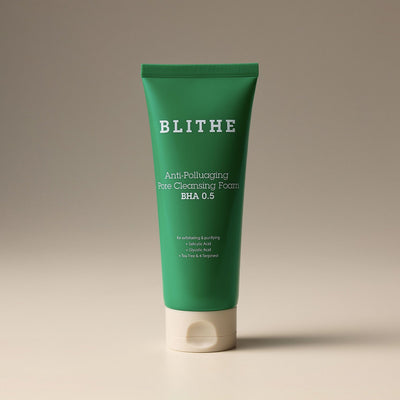
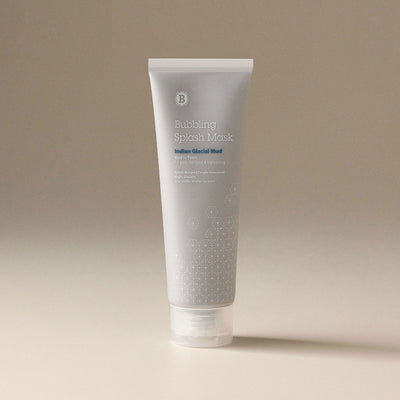
Leave a comment